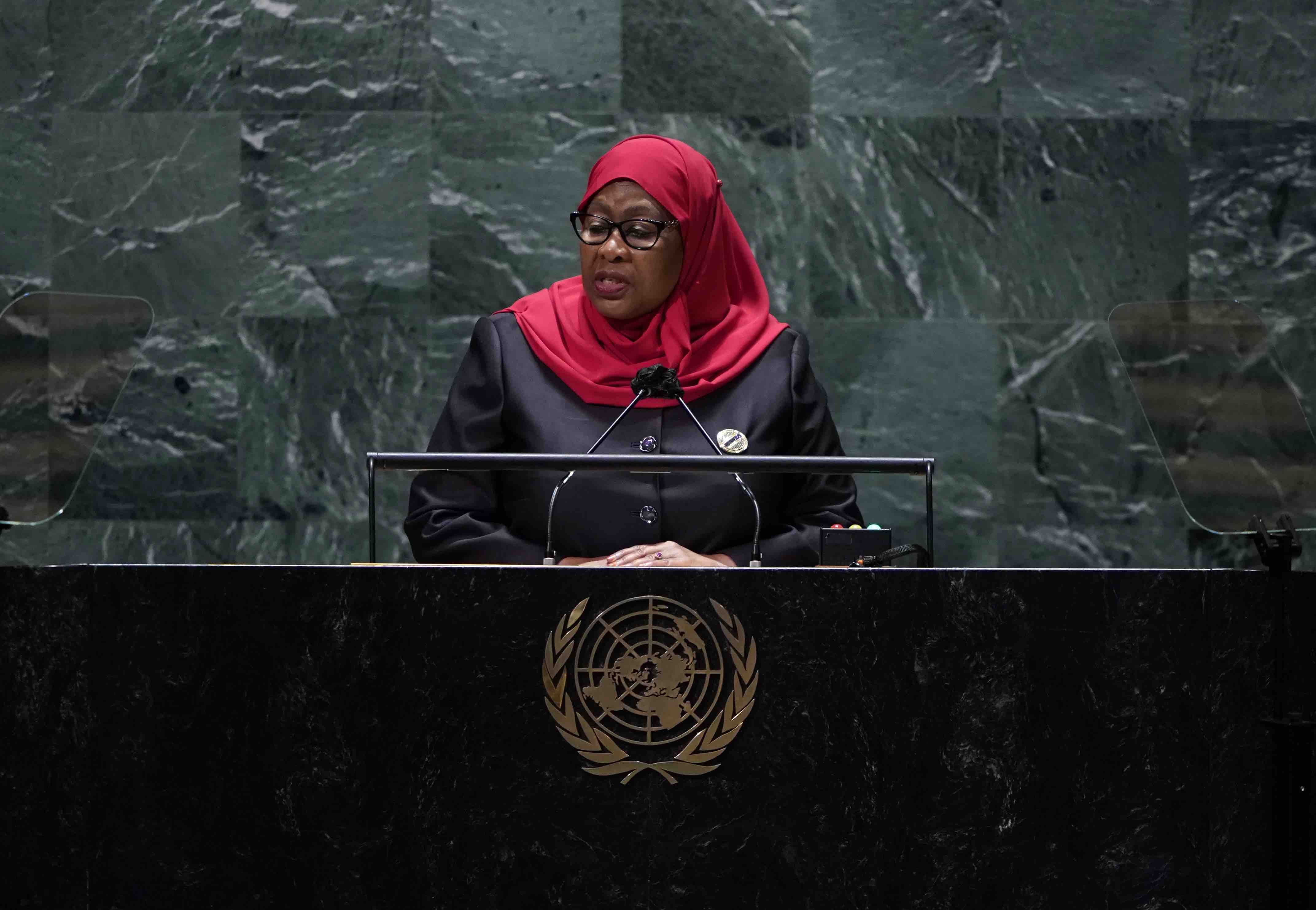IPI welcomes the Tanzanian government’s decision to lift a ban on four newspapers. However, this is only a first step toward restoring press freedom in the country. Restrictive media laws must be reformed to ensure independent media outlets can operate freely and without fear of retaliation.
On February 11, Tanzania’s Ministry of Information, Communications and Technology announced that it had revoked the suspension of licenses for Tanzania Daima, Mawio, Mwanahalisi, and Mseto. These newspapers were suspended in 2017 under President John Pombe Magufuli, who died in March 2021.
Minister Nape Nauye told editors that the licenses were restored as part of President Samia Suluhu Hassan’s promise to support press freedom. Despite this promise, which she made at the beginning of her term in April 2021, Hassan’s administration has still suspended other papers that it claimed breached media law. Last year, Hassan’s government suspended the weekly paper Raia Mwema for 30 days in September 2021 and the Uhuru newspaper for two weeks in August 2021.
Tanzania’s restrictive Media Services Act allows the government to shut down media houses and suspend publications and broadcasts. It also gave the government de facto control over the Journalists Accreditation Board and Independent Media Council, requiring board members to be appointed by the minister of information. Journalists are also threatened by harsh penalties for offenses such as defamation, sedition, and publishing false statements.
When the law was enacted in 2016, it was also followed by measures demanding registration from YouTubers and bloggers and restricting cue-ins by local TV stations to international channels.
Minister Nnauye told the media that the government would review the Media Services Act to “create a smooth environment for independent media”, according to local reports.
Deodatus Balile, the chairman of the Tanzania Editors Forum, told IPI on February 15 that he welcomed the lifting of the ban, describing it as the first step in the right direction for media freedom.
“As we celebrate this win, we look forward to engaging with the government to amend laws that continue to infringe on journalists’ and media’s ability to operate freely, without fear or favor”, Balile said in a statement.
Churchill Otieno, the chairman of the Eastern Africa Editors Society, “lauded Tanzanian journalists and editors for keeping faith alive and staying true to their calling”, according to the society’s press release.
IPI Deputy Director Scott Griffen also welcomed the move, but said much work remained to be done. “The decision to lift the ban on four Tanzanian newspapers is a positive step for press freedom in the country”, he said. “But these bans should never have been enacted in the first place, and it is essential now that relevant legislation, including the Media Services Act, be reformed. We welcome the government’s intent to review the law, a process that must be carried out in close partnership with the media community. Following on our press freedom mission to Tanzania in 2019, the IPI global network stands ready to assist in this process to help ensure the law meets international standards and protects the right of journalists and media to do their job.”
Press freedom has suffered in Tanzania, especially under Magufuli. In August 2020, the Tanzanian government restricted local media from using content produced by foreign media organizations and prohibited media organizations from publishing news about COVID-19 without the government’s approval.
There have also been many incidents of arrests and harassment of journalists. In July 2019, journalist Erick Kabendera was arrested by police over a question of his citizenship even though the matter was resolved in 2013. His health deteriorated while in prison and he was released in February 2020, paying a steep fine. In November 2017, journalist Azory Gwanda was reported missing and hasn’t been seen since, with his case still under investigation. Other journalists have been beaten by police.
IPI carried out a press freedom mission in Tanzania in 2019, meeting with the prime minister, information minister, journalist organizations and other members of the government.
